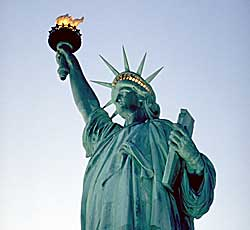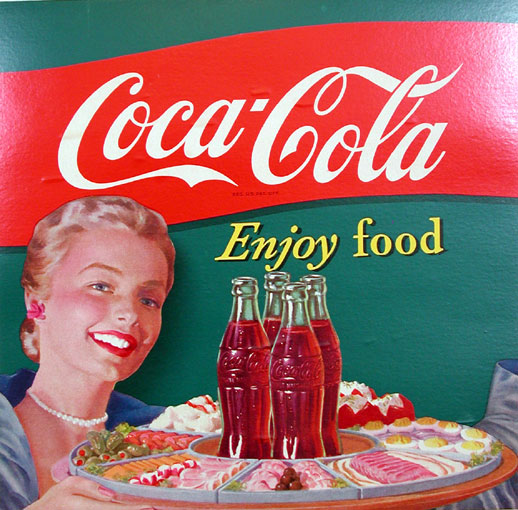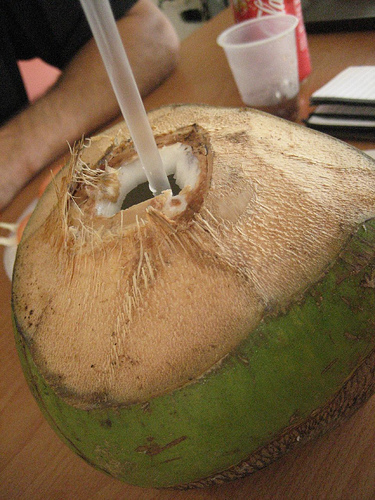|
|
American Immigrant Literature Online Texts |
|
|
|
Coca-Cola and Coco Frio (1993) by Martin Espada (b. Puerto Rico, 1957) |
|
On his first visit to Puerto Rico,
island of family folklore,
the fat boy wandered
from table to table
with his mouth open.
At every table, some great-aunt
would steer him with cool spotted hands
to a glass of Coca-Cola.
One even sang to him, in all the English
she could remember, a Coca-Cola jingle
from the forties. He drank obediently, though
he was bored with this potion, familiar
from candy stores in Brooklyn.
Then, at a roadside stand off the beach, the fat boy
opened his mouth to coco frio, a coconut
chilled, the scalped by a machete
so that the straw could inhale the clear milk.
The boy tilted the green shell overhead
and drooled coconut milk down his chin;
suddenly, Puerto Rico was not Coca-Cola
or Brooklyn, and neither was he.
For years afterward, the boy marveled at an island
where the people drank Coca-Cola
and sang jingles from World War II
in a language they did not speak,
while so many coconuts in the trees
sagged heavy with milk, swollen
and unsuckled.
—
[ ]x



